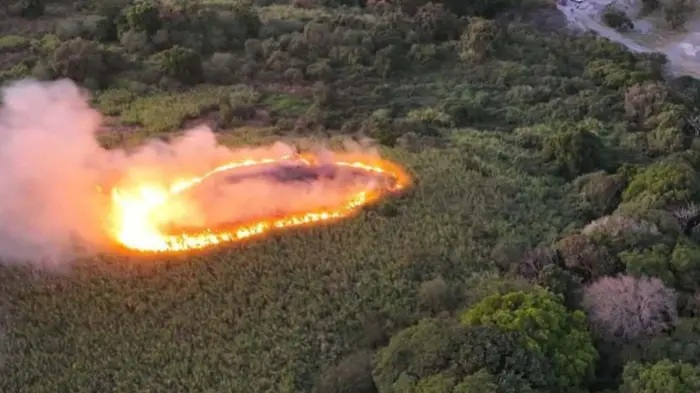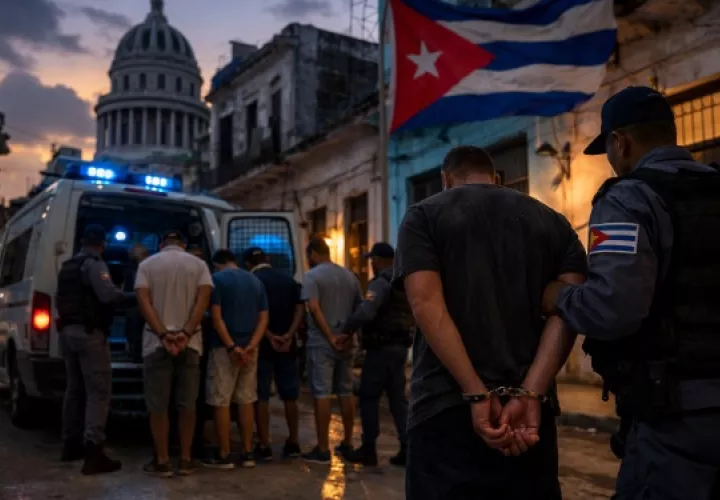Supreme Court condemned for law violation

LAWYERS’ bodies and civil society organizations have united in condemning the Supreme Court, headed by controversial Judge José Ayú Prado, for violating the judicial career law in the naming of officials who will work in the accusatory penal system that begins operating September 2 in several provinces.
Members of the Citizen’s Alliance for Justice, the Judicial Council, the State Commission for Justice and the National Bar Association agreed to denounce the court for not applying the law in making the appointments to implement the system.
It is due to be introduced in the provinces of Panama, West Panama, Colón, the Darién, and in indigenous regions.
“They violated law in setting deadlines for these positions, which should have been done in April,” said Carlos Lee, president of the Judicial Council.
Magaly Castillo, of the Citizen’s Alliance, said that there is not time to properly examine the records of those who will be appointed.
Supreme Court Chief Justice Prado did not respond to requests for comment from La Prensa,
ACCUSATORY SYSTEM
The Accusatory penal system was created by Law 63 of August 28, 2008 and grew out of a previous agreement signed within the State Pact for Justice 2005. Its intrioduction in expected to speed up Panama’s notoriously slow justice system.
The adversarial model is a system that seeks, through a legal process, to respond in a short time to the alleged crimes reports La Prensa
The prosecutor, the defense and the victim have equal opportunities to be heard and decisions are handled by a judge.
The previous government showed little interest in implementing it on the grounds of lack of resources postponed its entry into force.
In August 2009, Law 48, shortly before the entry into force of the new system, the Assembly decided to postpone it for two years, starting its implementation on September 2, 2011 in Cocle and Veraguas.
In 2012, it started in Herrera and Los Santos; in 2014 in Chiriqui and Bocas del Toro; and finally in 2016 it will be implemented in Panama, Panama West, Colon, Darien and the indigenous regions.
Lack of resources is still the main stumbling block. The Public Ministry asked $5 million to implement the new system in the First Judicial District. The judiciary, in turn asked for $20 million which is pending.





